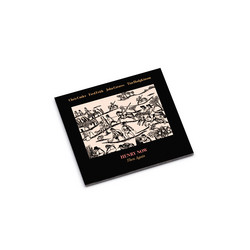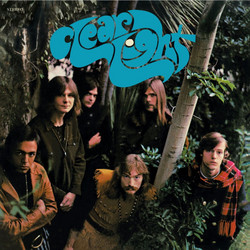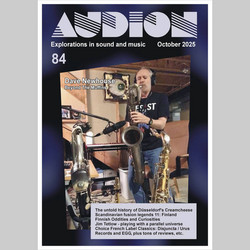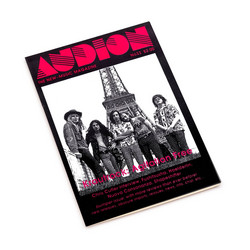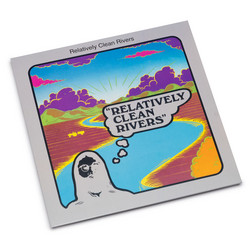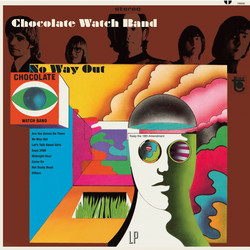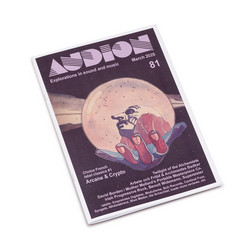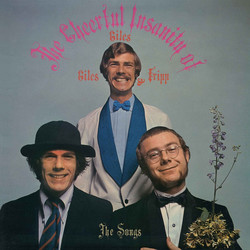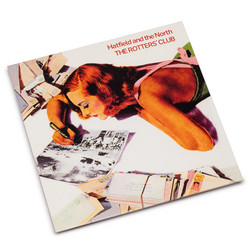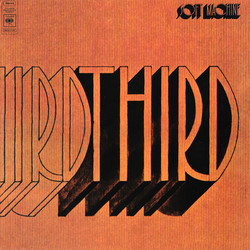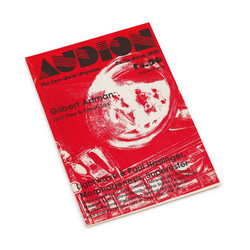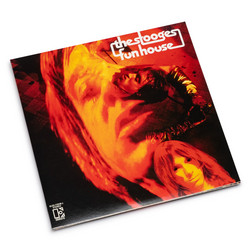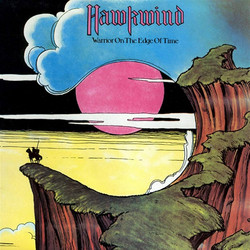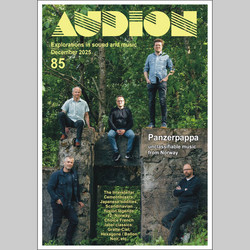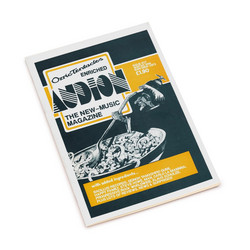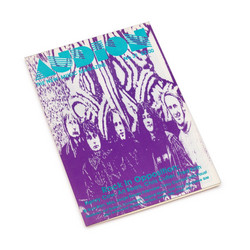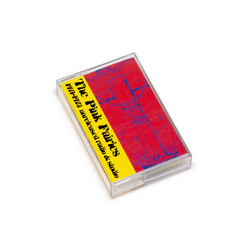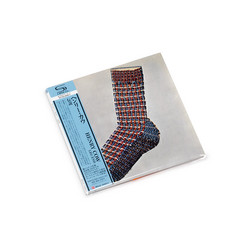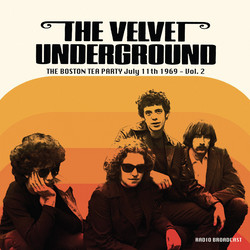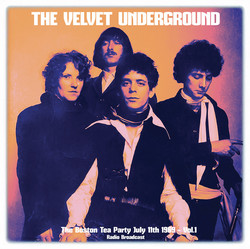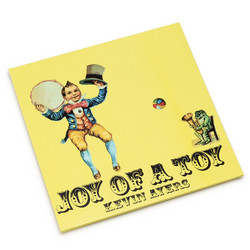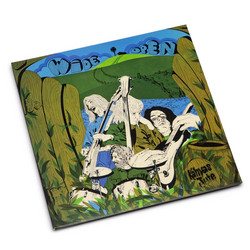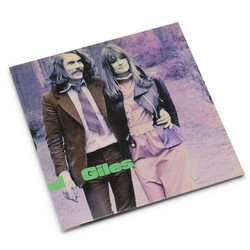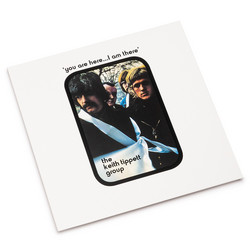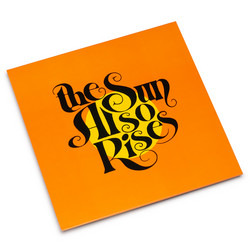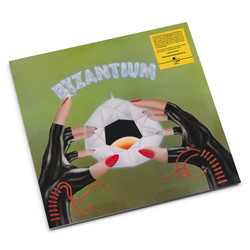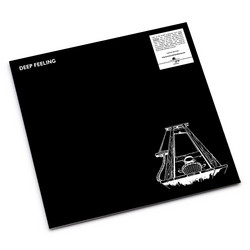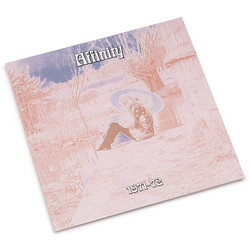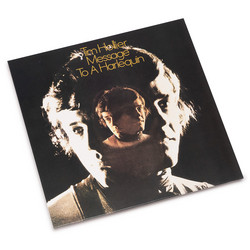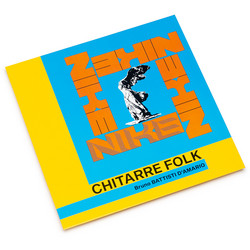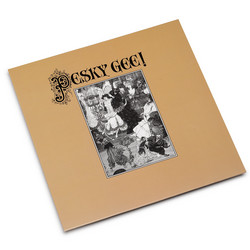In the surging tide of late-'60s and early-'70s British jazz-rock, Trifle surfaced with an audacious hybrid. First Meeting (1971, Dawn Records) distills both the optimism and the restless experimentation of the era: horn-charged, soul-infiltrated, and barely contained by genre. Anchored by George Bean's magnetic vocals and tambourine, the band's blend of punchy brass (Dick Cuthell, Barrie Martin, John Pritchard), swirling keys (Alan Fealdman), searing guitars (John Hitchen), and a dual-drummer rhythm section (Chico Greenwood, Rod Coombes) places them at the confluence where British jazz-rock was finding its unique voice.
While Canterbury just miles away was birthing its own revolution with Soft Machine's abstract explorations and Caravan's whimsical prog, Trifle inhabited a parallel universe. Reviewers noted their creation of a "mesmerising sound that is a combination of Nucleus and ELP", positioning them in that fertile ground where British Jazz-Rock outfits like If and Galliard were forging new paths. The Canterbury scene favored quirky time signatures and extended keyboard solos, but Trifle's hallmark was its vivid horn section: not mere ornamentation, but a structural force, weaving through Bean's ruminations and whirling with Fealdman's deft organ passages in ways that paralleled Nucleus's brass experiments and Colosseum's jazz-rock fusion. From the opening funk-prog stride of "Alibi Annie" to the ominous voodoo pulse of "Devil Comin'," the album careens between soulful testaments, brash psychedelia, and jagged jazz instrumentals. Tight, propulsive tunes regard their soul roots but aren't afraid of longform excursions ("Is It Loud?"), where jazz fusion and a loose, exploratory energy take over. The album showcases musicians of real quality, with horns written as an integral part of the band creating "a more powerful and subtle sound", distinguishing them from the more pastoral Canterbury approach.
Tragically, Trifle dissolved soon after the album's release, following the death of frontman George Bean. What's left is a set of brash, mournful, deeply British songs, a "forgotten gem" which "should have been listened to over the years if not its obscurity and prompt disappearance from the shelves". Reviewers have likened their approach to everything from Manfred Mann Chapter Three to Cream and the Graham Bond Organization, but First Meeting ultimately refuses template, living in the liminal space between brass-laden rock, moody jazz, and incipient prog.
Recently reissued, First Meeting reemerges not just as archival curiosity, but as a document of a moment when boundary-pushing ensembles still felt their way toward new possibilities. Trifle's spirit, raw, imaginative, determinedly alive, arches over every track, resonating anew in an age primed to listen.
